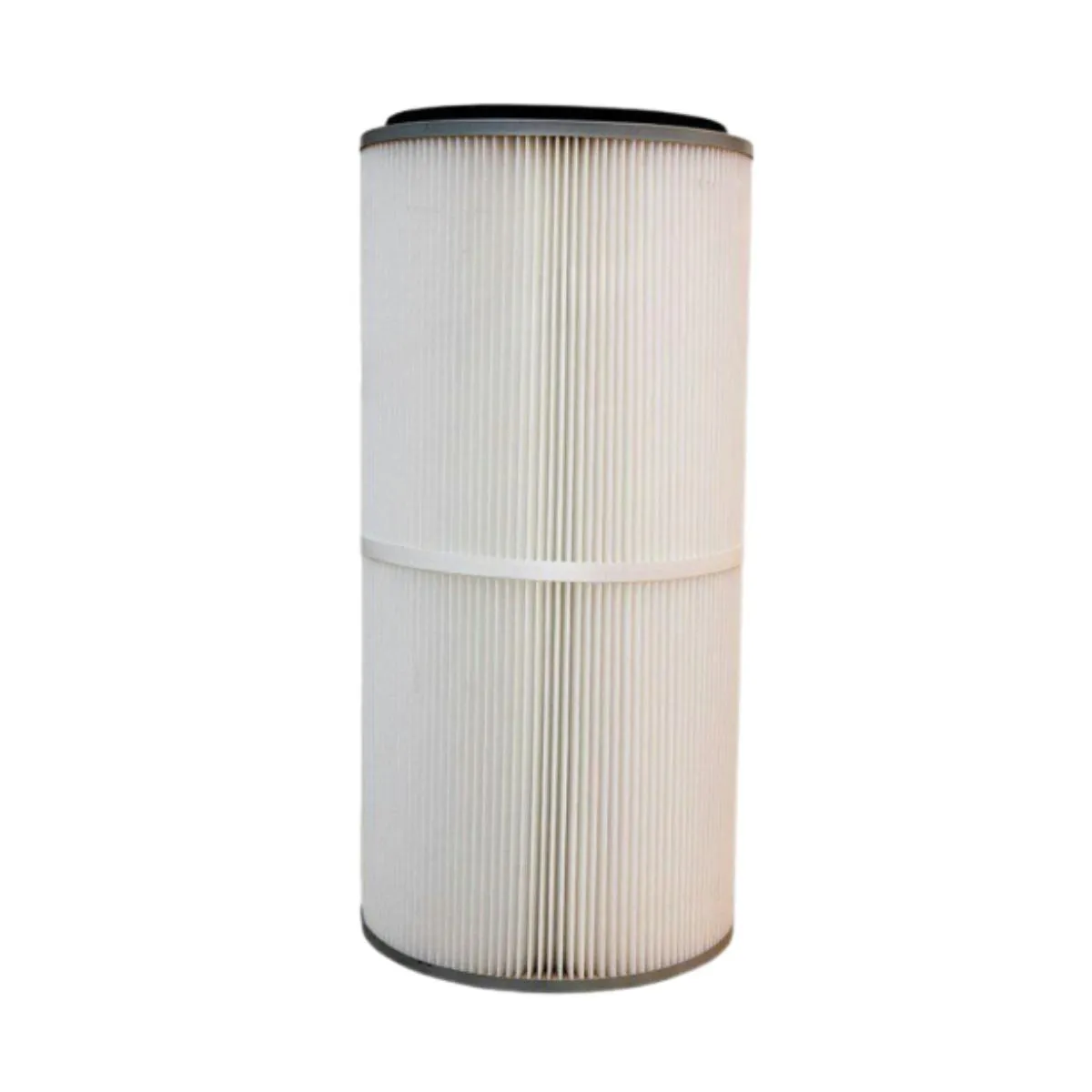 Tel:
+8615930870079
Tel:
+8615930870079
Dec . 06, 2024 06:00 Back to list
air filter cartridge
Understanding Air Filter Cartridges Importance, Types, and Maintenance
Air filter cartridges play a crucial role in maintaining the cleanliness and efficiency of various systems, particularly in automobiles and industrial applications. These filter cartridges are designed to trap contaminants, including dust, pollen, dirt, and other debris, ensuring that only clean air enters the engine or ventilation system. This article delves into the significance of air filter cartridges, the different types available, and essential maintenance tips to prolong their life and effectiveness.
Importance of Air Filter Cartridges
Air filter cartridges are vital for several reasons. Firstly, they promote engine performance. A clean air filter allows for better airflow to the engine, which can lead to improved combustion. When the engine receives optimal air, it can operate more efficiently, which can enhance fuel economy and reduce emissions. A clogged or dirty air filter can restrict airflow, causing the engine to work harder and ultimately diminishing its performance.
Secondly, air filter cartridges are essential for maintaining air quality within vehicles. Inside cars, air filters help to remove allergens and pollutants from the cabin air, ensuring that passengers breathe cleaner air. This is particularly important for those with respiratory issues or allergies, as poor air quality can exacerbate health problems.
Moreover, air filter cartridges protect the engine and other components from harmful debris. By preventing dirt and contaminants from entering the engine, these filters can help prolong its lifespan and reduce the likelihood of costly repairs. Regular maintenance and replacement of air filters contribute significantly to the overall health of the vehicle.
Types of Air Filter Cartridges
Air filter cartridges come in various types, each designed for specific applications. The most common types include
1. Paper Air Filters These are the most widely used filters in automotive applications. Made from pleated paper, they are effective at trapping particles and are disposable. Paper filters are affordable but need to be replaced regularly, typically every 12,000 to 15,000 miles.
2. Cotton Air Filters Often used in high-performance vehicles, cotton filters are reusable and offer better airflow compared to paper filters. These filters are oiled to capture dirt effectively while allowing for maximum airflow. However, they require cleaning and re-oiling to maintain their effectiveness.
air filter cartridge

3. Foam Air Filters Made from layers of foam, these filters are excellent for off-road vehicles and motorcycles. Foam filters can be cleaned and reused, making them a cost-effective option for those who frequently encounter dusty or muddy conditions.
4. HEPA Filters High-Efficiency Particulate Air (HEPA) filters are designed for superior filtration, making them ideal for individuals with allergies or respiratory issues. While more costly, they provide exceptional air purification by capturing even the smallest particles.
Maintenance Tips
Proper maintenance of air filter cartridges is essential for optimal performance. Here are some helpful tips
- Regular Inspection Check the air filter every few months, especially if you drive in dusty or polluted environments. Signs of dirt accumulation or visible damage indicate that it may be time for a replacement.
- Follow Manufacturer Guidelines Refer to your vehicle’s manual for specific recommendations on when to replace the air filter. Different vehicles have different needs.
- Clean Reusable Filters For reusable filters, follow the manufacturer's instructions on cleaning and re-oiling. Improper cleaning can damage the filter and reduce its effectiveness.
- Consider Environment If you frequently drive in harsh conditions, you might need to replace your air filter more often. Monitoring performance changes, such as reduced power or increased fuel consumption, can also signal filter issues.
In conclusion, air filter cartridges are indispensable components that ensure efficient engine operation, enhance air quality, and extend the lifespan of vehicles. Understanding their importance, recognizing different types, and maintaining them properly can lead to better performance and a healthier driving experience. Regularly investing time in air filter care pays off in the long run, protecting your vehicle and improving your driving comfort.
-
Nano Fiber Technology: Revolutionizing Cartridge Dust Collector FiltersNewsAug.06,2025
-
How Activated Carbon Air Cartridges Eliminate OdorsNewsAug.06,2025
-
Dust Filter Cartridge Handling Fine Particulate MatterNewsAug.06,2025
-
Cartridge Dust Collector Filter for Welding Fume ExtractionNewsAug.06,2025
-
Activated Carbon Filter Cartridge Effectiveness Against VOCsNewsAug.06,2025
-
Activated Carbon Air Filter Cartridge Benefits ExplainedNewsAug.06,2025

 Email:
Email:





